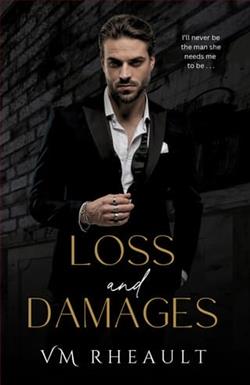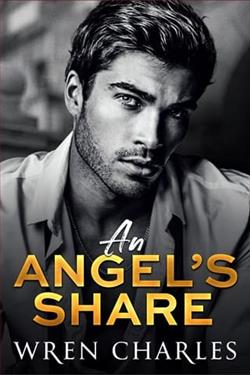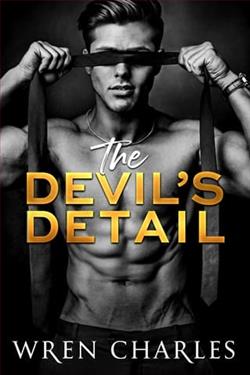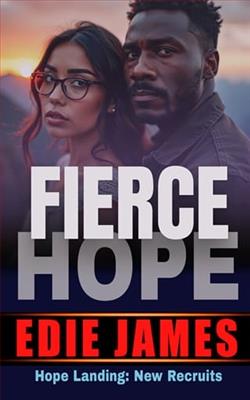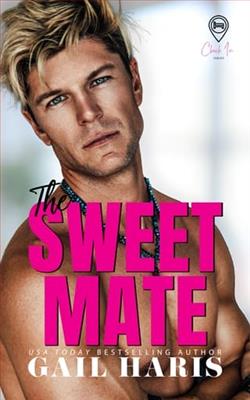Page 46 of The Beast's Broken Angel
“Your concerns are noted,” I cut him off. “But the decision hasn't been made yet. I want all options fully developed before we commit.”
He nodded reluctantly and left. Harrison departed with his usual efficiency, gathering documents before disappearing into London traffic. Only Noah remained, discomfort obvious in how he avoided meeting my eyes.
The east wingcorridor felt different when it was just the two of us. I found him in the medical supply room, mechanically organising antibiotics with movements that betrayed his agitation.
“You disapprove of our methods,” I observed, closing the door behind me.
Noah didn't turn around, shoulders rigid beneath his blood-stained shirt. “You're planning to kill people who weren't involved in the attack. Family members whose only crime is being related to your enemies. It's not justice—it's terrorism.”
I moved closer, deliberately invading his space. “And if it prevents further attacks on my people? The bartender they carved apart had three kids waiting at home. The waitress who burned to death was nineteen—working her way through uni.”
I reached past him for a bottle of antiseptic, my chest pressing against his back. He stiffened, then spun to face me—his shoulders pressed to the cabinet now, my body crowding into his.
“War has casualties, Noah,” I murmured, my voicedropping to barely more than a whisper. “The question isn’t whether people will die. That’s inevitable. The question is how to minimize our own losses while maximizing theirs.”
His hazel eyes locked on mine. “There are alternatives, Adrian. Not their families.”
“You have experience with gang deterrence?”
His expression shuttered, just a flicker. “I grew up in Brixton—before the gentrification. I saw what worked. I saw what created martyrs.”
“What would you do instead?”
“Make them irrelevant,” he replied, and for the first time, there was heat in his voice. “The Turners want respect, territory, recognition as major players. So you give them exactly what they don’t want—obscurity. Let them keep their tiny patch while you expand everywhere else. Build around them until they’re an island in your ocean.”
It was a good answer. More than just theory—he understood the game.
“Recruit their best with better offers. Open competing operations on every corner. Make their customers choose between quality service and loyalty to amateurs. Death makes martyrs. Irrelevance makes them forgotten.”
“Interesting perspective,” I said, studying him. “Maybe there’s more to you than medical training.”
His guard snapped back up. “Everyone’s got a past. Doesn’t mean it defines who they are now.”
“Doesn’t it?” I pressed. “You’re here because of your past. Everything that made you desperate enough to sign my contract.”
I held my ground, blocking his only way out.
He shifted—a subtle move, barely more than a breath, but I felt it. The tension between us was a live wire, thrumming.
“You don’t like being cornered,” I said quietly.
“No one does.”
“But you especially.” I stepped closer again, not touching him—just letting my presence press in. “You get twitchy when people look too long. When they start seeing past the surface.”
Noah’s jaw clenched. His eyes flicked toward the door, then back to the cabinet mirror.
“You cover your wrists,” I continued. “Even now, shirt soaked in blood, you’d rather wear it like armor than show what’s underneath.”
He scoffed without humor. “Are you always this obsessed with other people’s trauma?”
“Only when it interests me.”
I turned the mirrored cabinet slightly, until his reflection faced us both. The glass caught his profile, shirt half-untucked, dried blood smeared near the collar. He looked like he’d just crawled out of a warzone. Maybe he had.
“Look,” I said simply.
He didn’t.








